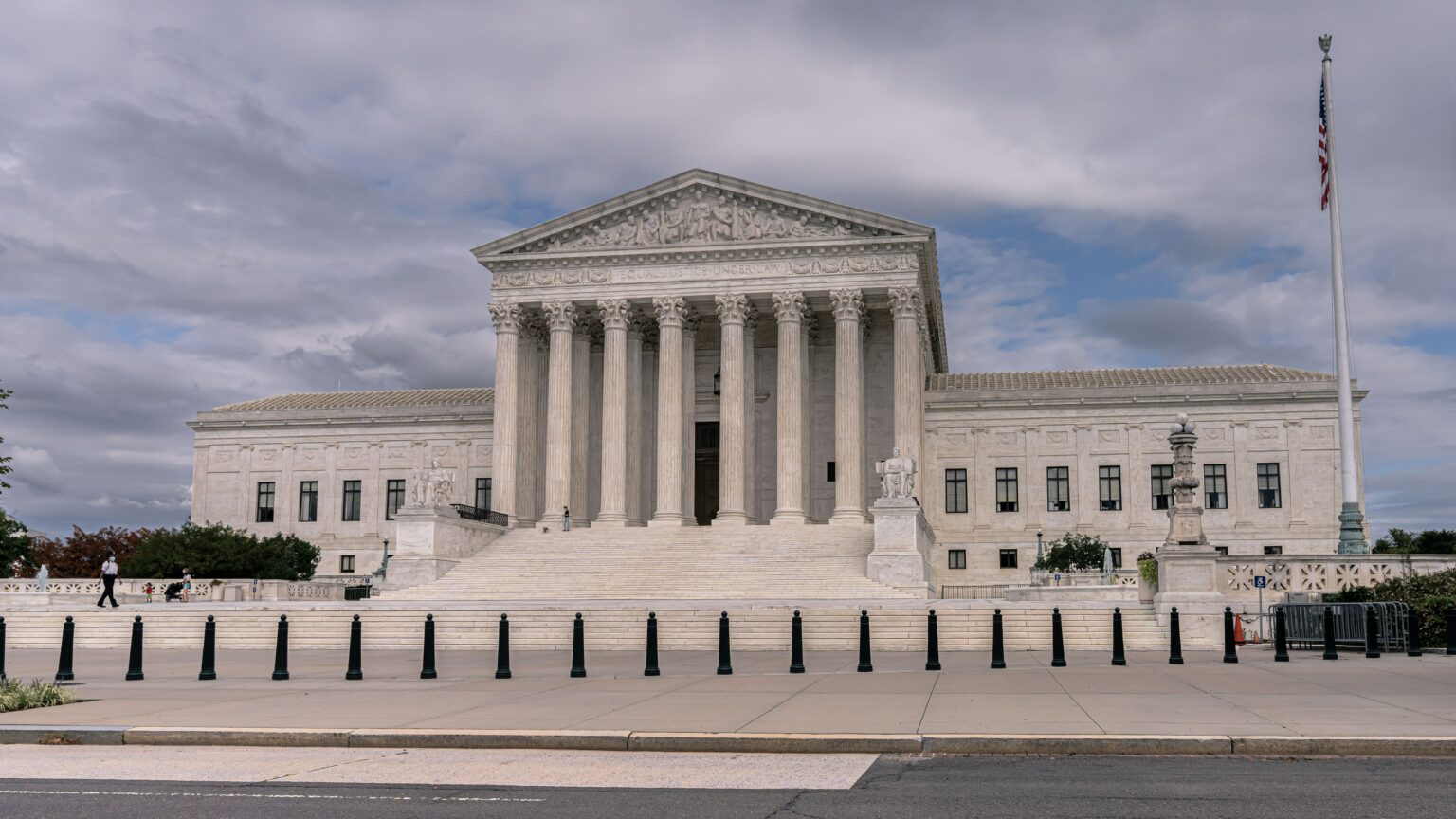By a vote of 6-3 on Tuesday, the Supreme Court rejected the controversial “independent state legislature theory” in the case of Moore v Harper.
The theory, advanced by the state of North Carolina, asserts that a state’s legislators have sole authority over its elections, to the exclusion of its governor—or its courts. Had the Supreme Court ruled to advance the theory, it could have potentially upended the entire U.S. election system.
The Court refused to back the theory as an overly broad interpretation of the Elections Clause of the Constitution, which states that “the times, places and manner” of holding federal elections “shall be prescribed in each state by the legislature thereof.”
The Supreme Court ruled “the Elections Clause does not vest exclusive and independent authority in state legislatures to set the rules regarding federal elections.”
The dispute in the case stemmed from the redrawing of the congressional map by North Carolina’s Republican-led legislature after the 2020 Census. The state supreme court struck down the proposed voting boundaries as unconstitutional partisan gerrymandering that violated the North Carolina Constitution.
North Carolina Republican legislative leaders were on one side of the debate while voting rights groups are on the other, along with North Carolina voters and state elections officials. The U.S. Department of Justice had backed the voting rights groups in the case.
Supreme Court Chief Justice John Roberts wrote the majority opinion over dissent from Justices Clarence Thomas, Samuel Alito and Neil Gorsuch.


